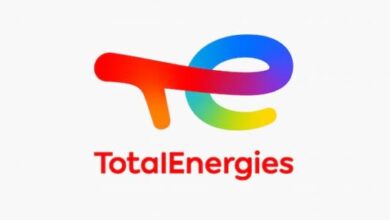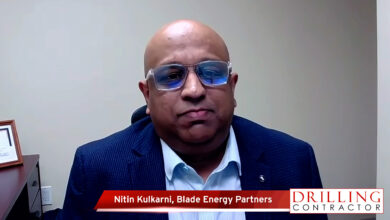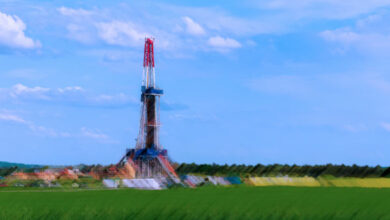Shale drilling: paradox of public perception

There is a paradox in the way the general public views the oil and gas industry, a study of two counties within the Barnett Shale found. Although the public distrusts the intrusion of the natural gas industry and dislikes certain problematic issues perceived to accompany it, the majority of citizens appreciate and welcome the economic and service-related benefits that accompany the industry. The findings were presented by Gene Theodori, professor of sociology and director of the Center for Rural Studies at Sam Houston State University, at the IADC Oil and Gas Shale Drilling Technology Workshop held in Houston on 27 January.
The public’s negative perception of the energy industry is not new. API research gathered has shown that the oil industry is ranked second only to tobacco as the industry with the worst public image. The industry’s ranking in the Gallup Poll has also remained fairly consistent for the past 10 years: It was unfailingly ranked as the least positively viewed industry in the US.
The Barnett study was undertaken because it was thought that shale drilling is a “timely and salient issue in the urban environment in need of sociological research.” Results revealed the paradox where the public viewed social and environmental issues more negatively and viewed economic and service-related issues more positively.
The top six negatively viewed issues cited were increased truck traffic, the amount of fresh water used, high tax rates, depletion of aquifers, noise pollution and water pollution. Participants in the study also saw potential threats to public health and safety, such as unsafe driving practices, gas leaks and explosions. Concerns regarding negative issues were greater among respondents in the county where energy development was more mature.
One question in the study specifically asked whether the benefits of energy development outweighed the costs. In the county where large-scale development was just beginning to occur, respondents unanimously agreed that the benefits of production would outweigh the costs. However, in the county where industry activity was more mature, respondents unanimously reported that the costs outweighed the benefits. When asked whether regional differences played a role in the public’s concern, Mr Theodori said, “The concern pattern is the same. It is the degree of perceived severity that fluctuates.”
Noting that the mass of the general public is not informed about the energy industry, Mr Theodori recommended that the industry bring multiple stakeholders to the table to work on the solution. Why should the industry attempt to influence people to understand us? “The license to operate to gain access to resources,” he said.



